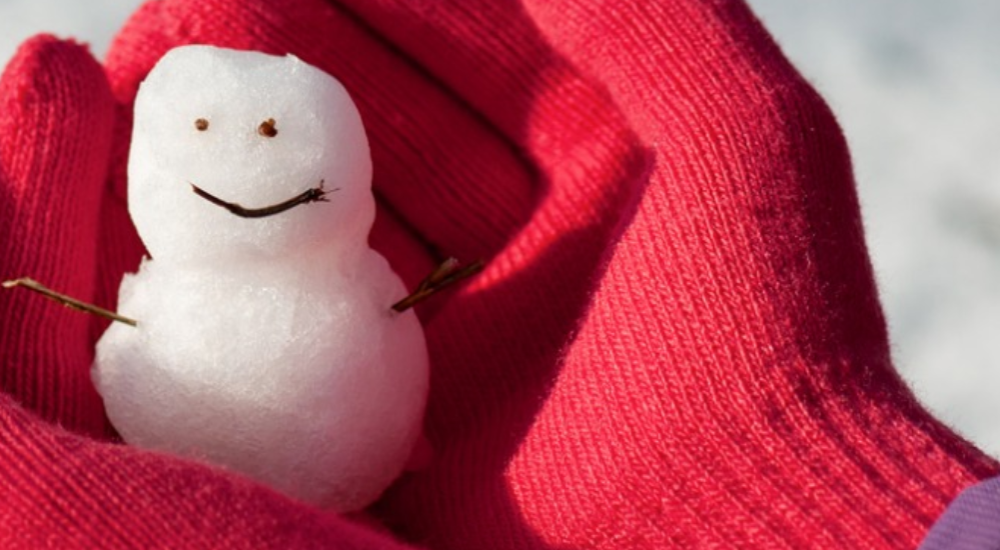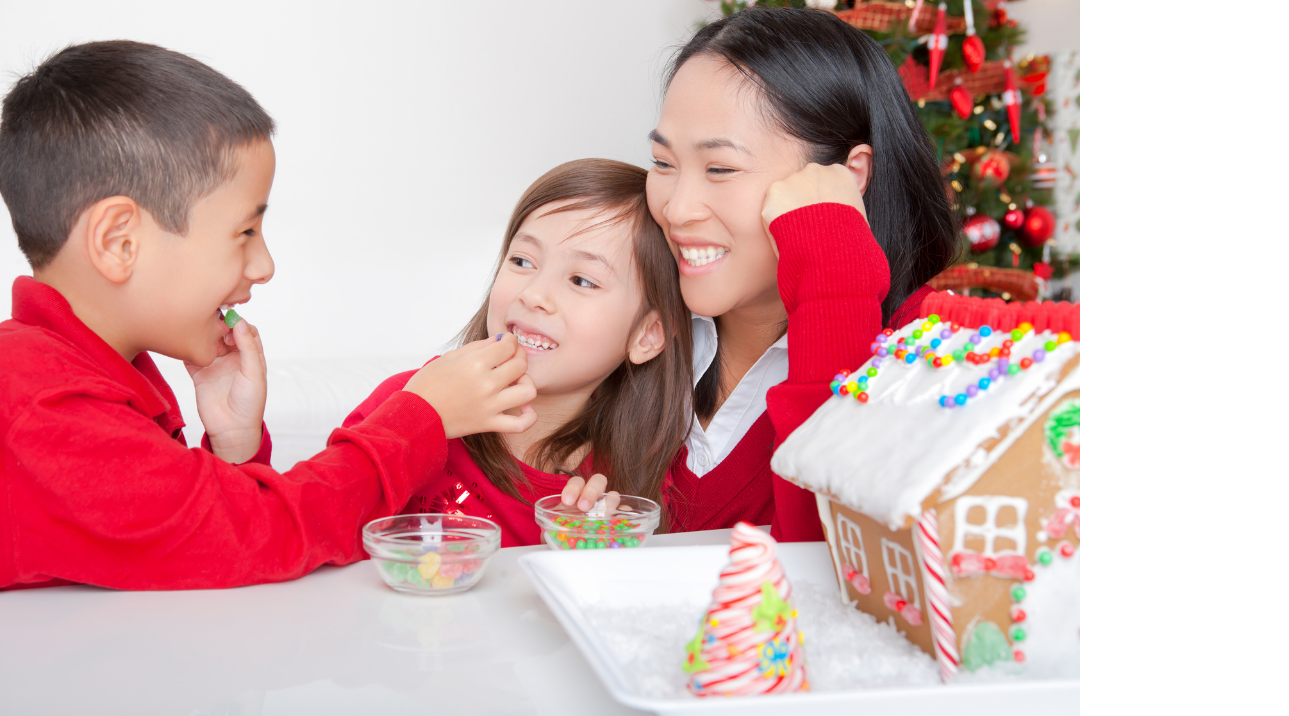
Updated in December 2023. Reposted with permission by the Children's Mental Health Ontario. Original post can be found here.
When your child is struggling with mental health challenges, the holidays are not always easy. With so many expectations about what the holidays should be like or who we should be spending our time with, it can be very difficult to make it all work.
With the support of our network of child and youth mental health experts, we have rounded up some tips and ideas to help your family this holiday season.
1. Do what works for your family
The holidays can be an especially challenging time of year for many families. Expectations of the holidays can be hard on children – and, let’s face it, it’s not ‘the happiest time’ for all of us. It’s ok to prioritize mental health over holiday commitments. When you prioritize your or your child’s mental wellness, you can focus on what works for your family. As a parent, consider the things that feel realistic for you to do and then offer those choices to kids/youth to pick from. So many of us struggle with saying no over the holidays – perhaps this year, you will feel confident about not over committing your schedule and slowing things down; and that’s ok! Also, keep in mind that having time to connect with each other is important, but so, too, is having space for everyone to have their own personal time.
2. Plan early
 Routines and predictability are often beneficial (within reason) for children and youth with mental health challenges. It’s a good time to start having conversations with children about what the holidays may look like so that they know what to expect. This also allows them to be a part of the new planning process. What is important to them? Is there something new they would like to try? Planning early also gives us time to let other relatives or friends know in advance to manage their expectations, too. Also, during the winter school break, consider connecting with the parents of your children’s friend so that you can help arrange days for play dates.
Routines and predictability are often beneficial (within reason) for children and youth with mental health challenges. It’s a good time to start having conversations with children about what the holidays may look like so that they know what to expect. This also allows them to be a part of the new planning process. What is important to them? Is there something new they would like to try? Planning early also gives us time to let other relatives or friends know in advance to manage their expectations, too. Also, during the winter school break, consider connecting with the parents of your children’s friend so that you can help arrange days for play dates.
3. Find a quiet place in a busy space
Find a spot during a holiday activity or party where your child (or you) can go for a break. Don’t force your child to interact with other kids or adults, instead let them have that time on their own to regroup. If your child is young, bring books or a bag of special toys. If your teenager needs to decompress with a game on their phone, that’s ok. Check in periodically to see how everyone is doing, or if some quiet time is needed.
Don’t worry about other people’s assumptions. Have a quick sentence or two ready that explains your child’s issues. This will help you stay calm in the moment.
4. Managing disappointment
Sometimes, the holidays don’t work out the way we expect. And for many of us, the holidays still won’t be what they may have been before the pandemic. That will be disappointing for a lot of children (and parents!) It’s important to acknowledge that disappointment, especially for children. Give kids a safe space to share their feelings and be heard. It's ok to let kids know this is hard for you, too.
5. Supporting children through grief
The holidays can be especially hard for families who are grieving. Remembering your loved one(s), telling stories, and laughing about good times together are all ok to do, and can provide comfort to your child. You might work together to come up with ideas for memorializing your loved one(s) over the holiday. Remember that it's okay for your child/youth to feel upset as grief can experienced in many different ways.
6. Take care of you
The holidays can be a stressful and anxious time for parents, too. Make sure that you are eating, sleeping and enjoying the holidays as well. Maintain healthy boundaries. Take time when you need it, and don’t feel guilty saying no when you want to. Focus on doing what is best for you and your family. Consider planning a day where the family could play a game or watch a movie together. But don’t forget to have some scheduled time where kids can play games and parents or caregivers can take some time out as well.
Your kids are watching you model behaviour and your resilience is teaching them. Resilience is about bouncing back from challenges, rather than not having any challenges at all. Look back on your year. What are some of the things you and your family have done to get through this year? What is working? What doesn’t work? How have you changed as a parent? Notice what works for your family – and remember that this will look different for each family.







